“Individuals as ‘Heroic Leaders’ with a singular responsibility to direct the activities of others, is no longer effective in complex environments”.
In the recent 2017 Deloitte University Press Global Human Capital Trends paper entitled ‘Rewriting the rules for the digital age’, the authors argue that there is a widening gap between the rate of technological change and the ability of individuals, businesses and policy makers to respond effectively to the opportunities and threats posed by these changes. This is no surprise to most of us who feel the constant tension of ‘keeping up’, often feeling like we’re falling behind when our best friend Sally introduces us to the next ‘must have’ app. We could of course just ignore it all or simply ‘drop out’ but the phenomenon of technological change and the effect on the way we work and live is not going to disappear. Although many of us feel challenged by this thought, it is equally as true, that technology has provided us with enormous opportunities that improve our lives every day.
In its chapter on Leadership, the Deloitte paper highlights the need for leaders to respond to this gap by developing specific cognitive, behavioral and emotional capabilities, citing the need to build skills relating to cognitive complexity, innovation and collaboration.
These findings are highly resonant of the most extensive leadership study ever conducted in Australia - ‘Study of Australian Leadership’ (SAL) released in 2016 by The Centre of Workplace Leadership attached to Melbourne University. The SAL also describes a gap in the performance of leaders by observing that leaders are challenged by the uncertainty and volatility of today’s world. Importantly the SAL provides compelling statistical evidence that leadership really matters to organisation performance. The SAL also highlights that individuals as ‘Heroic Leaders’ with a singular responsibility to direct the activities of others, is no longer effective in complex environments; pointing to the need for ‘Collaborative Leadership’, where leaders facilitate and guide the efforts of others. Importantly the SAL highlights the need for ‘Collaborative Leadership’ to encourage innovation, high levels of commitment and ownership of outcomes by teams. Hmm, there is a common theme here.
None of this however is a surprise to Dr. Theo Dawson who heads the not for profit organisation – Lectica. Dr. Dawson observed and measured over a decade ago, the gap in the capacity of individuals and leaders to respond effectively to the rate of change and complexity through her seminal research at Harvard and Berkley Universities. In 2009 Dr. Dawson coined the phrase ‘Complexity Gap’ to describe the phenomenon measured in her research. “…we see it everywhere we look—and it reflects a hard truth. Few, if any, of us are capable of meeting the task demands of the complex situations we face in today’s world.” Her research confirmed that leaders beyond the frontline were consistently challenged by the level of complexity and uncertainty experienced in the modern workplace. She also highlighted the need for collaborative skills and enhanced perspective taking and coordination, as key skills in responding successfully to increased complexity.
So, Houston, we know we have a problem - how do we fix it?
The exciting answer to this question is that Dr. Dawson has developed reliable and robust methods to test and build the cognitive, behavioral and emotional capabilities of leaders to enhance their decision making through a combination of vertical and horizontal development.
These capabilities are critical to developing collaborative leadership capability and innovation.
If this question piques your interest, we invite you to review the short you tube clip developed by Dr. Dawson.
To learn more about Cornerstone’s approach to these issues visit cornerstoneintegral.com
Image permission : Since this comic book was first published in the U.S. before 1964, the original copyright lasted 27 years from the end of the year of first publication. The copyright holder was free to renew the copyright any time during the year 1977, but they did not do so. (All copyright renewals after 1977 can be searched online here.) The copyright has expired.

